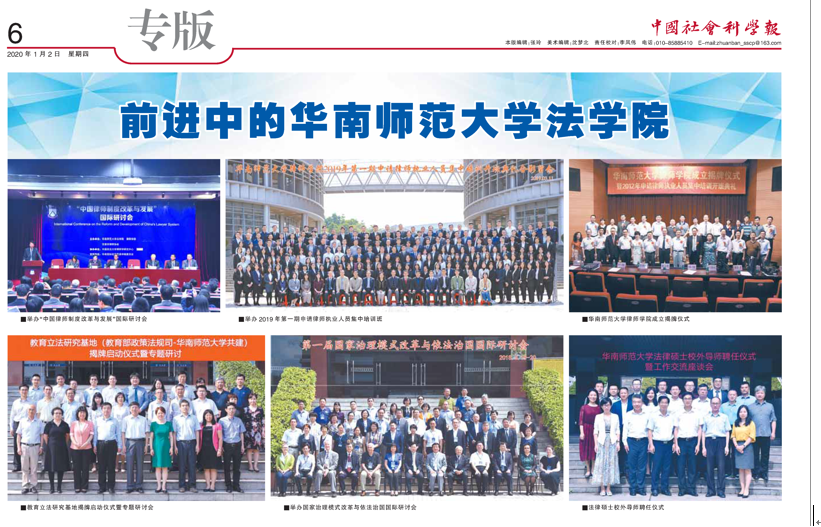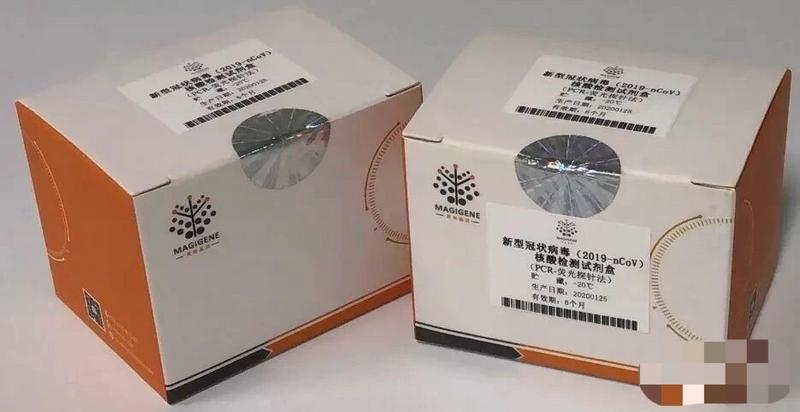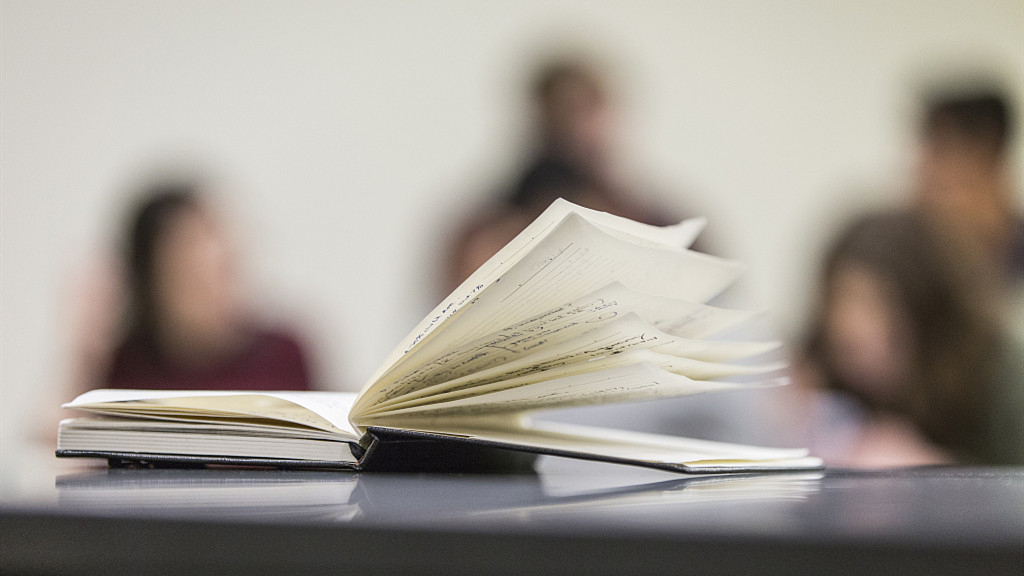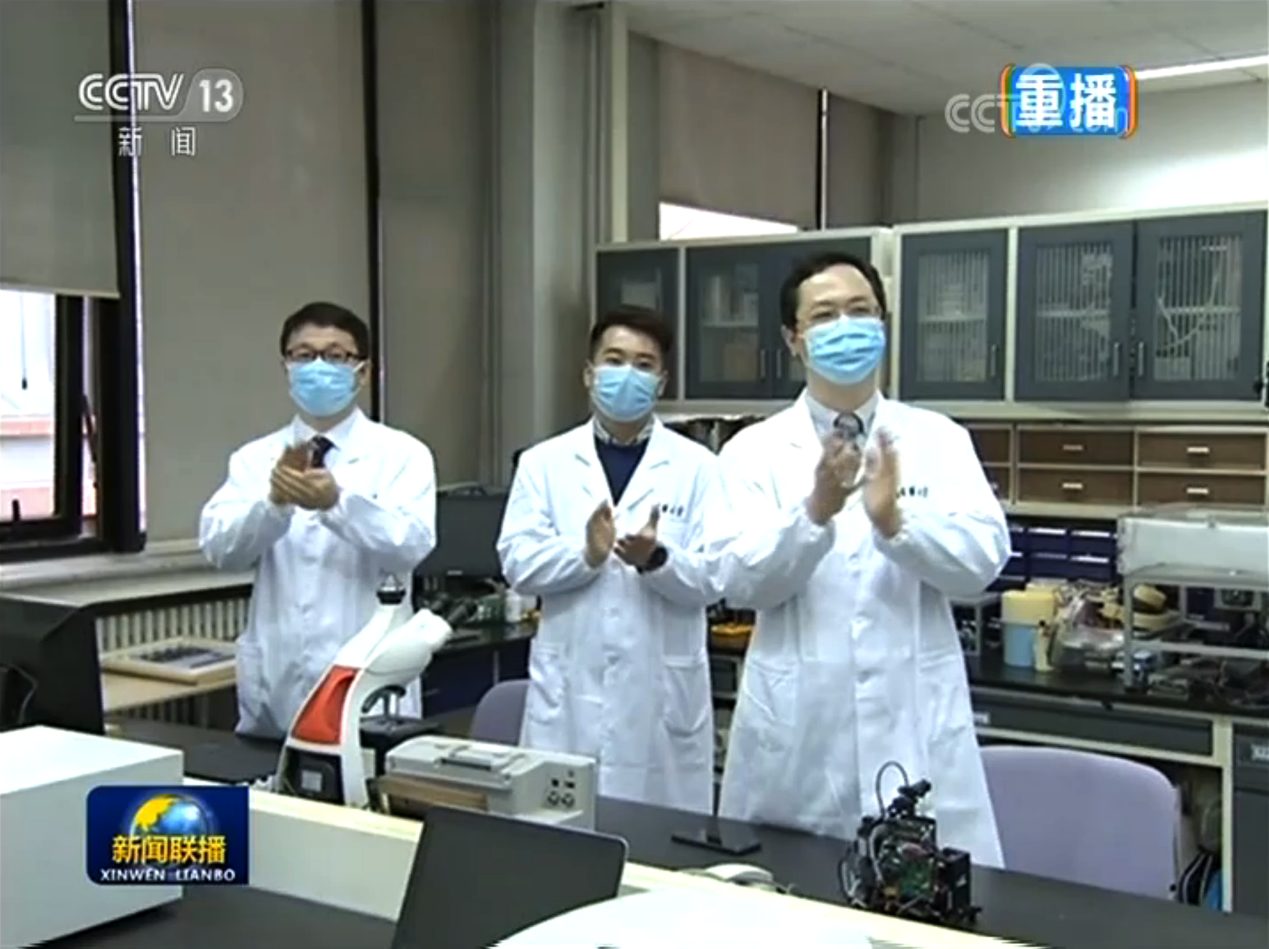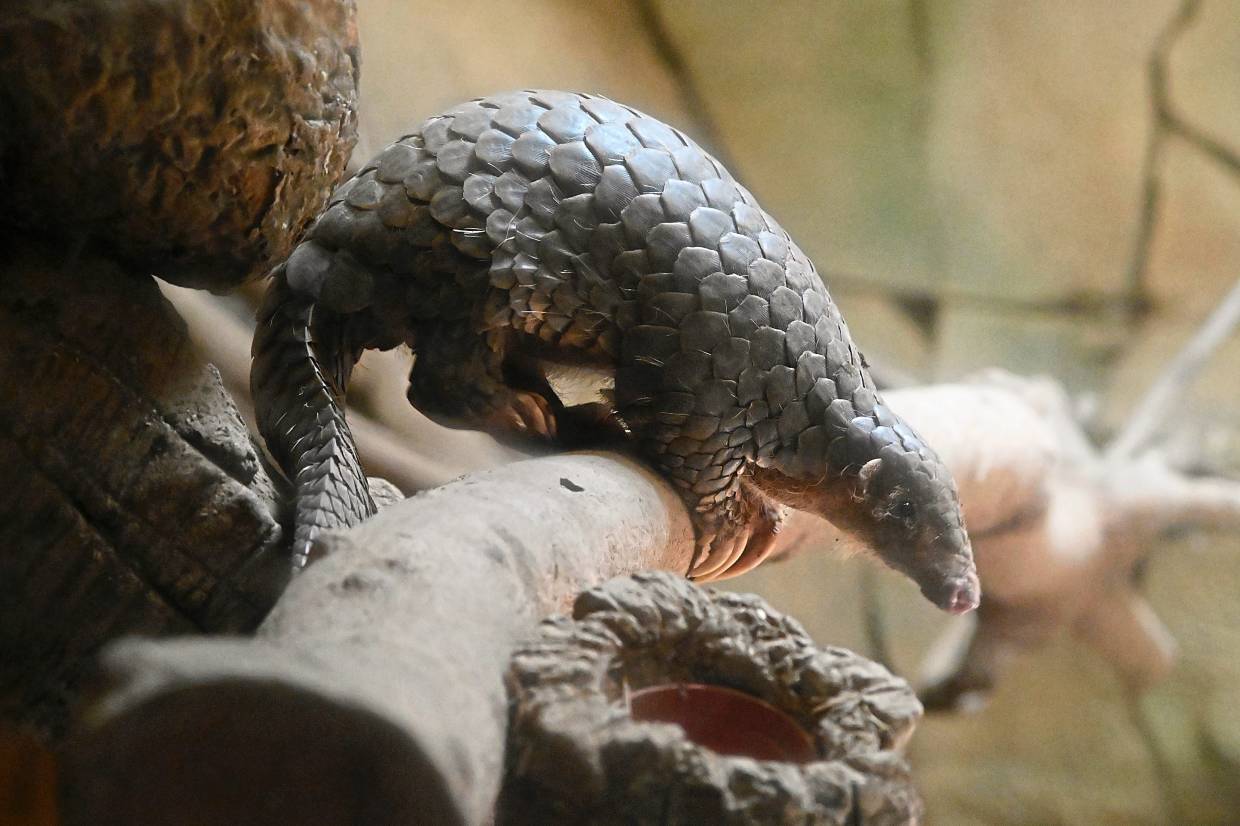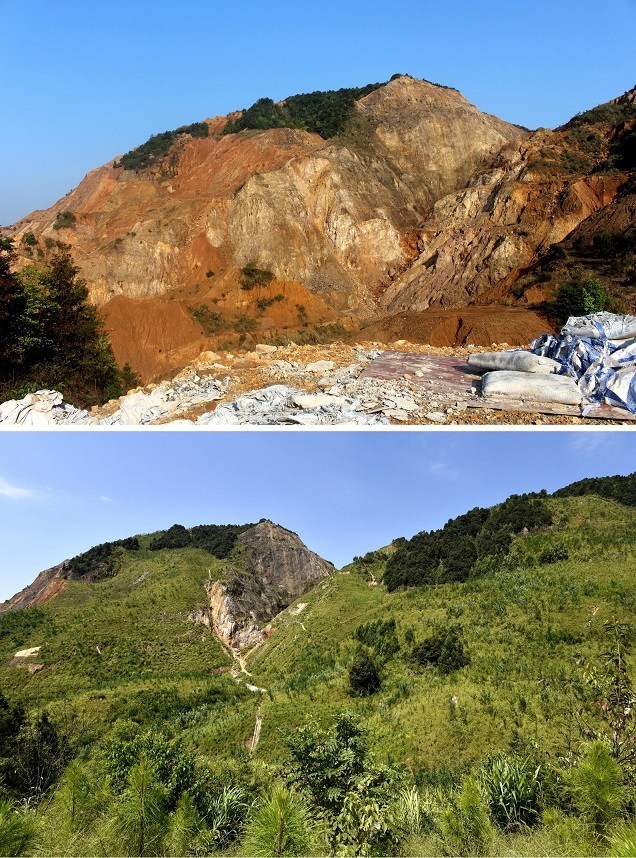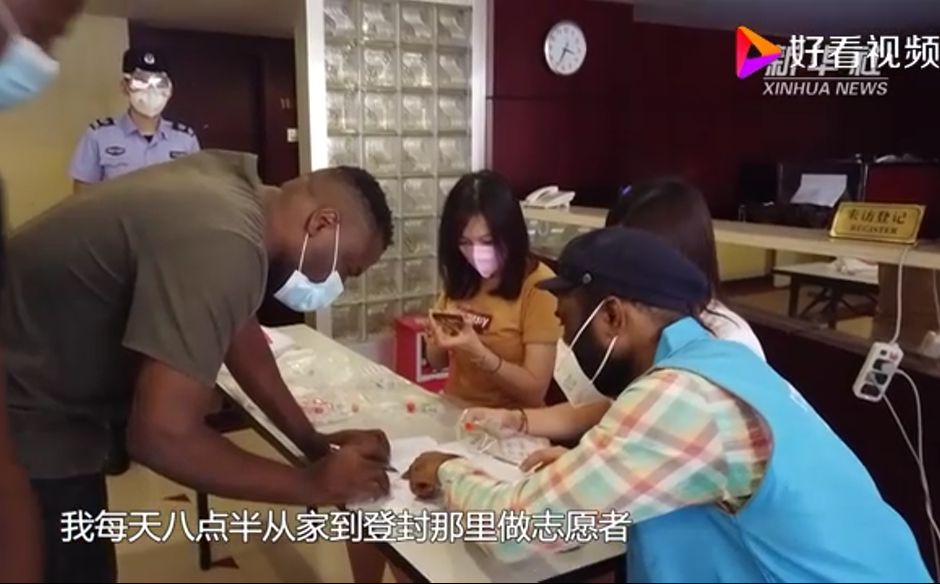
Likes
On February 6, Thai Prime Minister Paetongtarn Shinawatra, who came into office in August 2024, arrived in China for a four-day official visit. Paetongtarn held talks with the Chinese side in Beijing before attending the 9th Asian Winter Games, which was hosted in China's northeastern city of Harbin.
Paetongtarn's trip to China was underscored to commemorate the 'Golden Jubilee of China-Thailand Friendship,' as this year marks the 50th anniversary of the establishment of diplomatic relations between China and Thailand.
On February 8, the two sides issued a joint communique, drawing up a blueprint for bilateral cooperation in upcoming terms.
In an exclusive interview with GDToday, Professor Wan Xiaohong from the School of Politics and Public Administration, South China Normal University, highlighted that the trip not only summarizes the half-century-long friendship between the two countries but also carves a new outset for the China-Thailand partnership.
"As the world is now shrouded in the bigger shadow of geopolitics and economic instability, the visit demonstrates the country's strong determination to deepen cooperation with China and address shared challenges," Wan said.
Flagship infrastructure projects to improve Thai-China connectivity
Through her visit to China, according to Wan, Paetongtarn seeks to work more closely with China in infrastructure.
In the case of the China-Thailand Railway, the Thai cabinet has approved 335.665 billion baht (about USD$99 billion) for its second phase. The construction is set to begin in 2025 and be completed in 2031. "The project will link to the China-Laos Railway, enabling connectivity from Kunming, Cjoma, and Vientiane to Bangkok," Wan said.
The first phase of the China-Thailand Railway is now under construction. Wan thinks the two sides will hold further talks on speeding up the progress from Bangkok to Khorat.
At large, the China-Laos-Thailand Railway, which sits in the middle of the Trans-Asian Railway, will add to the surge of logistics, tourism, and exports of agricultural products like durian. "The Trans-Asian Railway will become a gigantic transportation hub of ASEAN that benefits both China and Thailand," Wan added.
Wan believes the two sides may soon sign agreements on optimizing cross-border logistics cooperation, such as adding cold chain trains and durian express lines, to improve trade efficiency.
Concerted efforts to combat crime and invigorate tourism
Before Paetongtarn's visit to China, Thailand had cut electricity, fuel supply, and Internet services to five areas in Myanmar along the Thai-Myanmar border. The Thai government's investigation found that these five connection points are linked to online scam activities. Online fraud has caused serious harm to Thai citizens in horrendous cases and has become a national security issue.
When meeting with the Chinese side, China voiced that it appreciates Thailand's effective measures against online gambling and telecom fraud and agrees that both sides should continue to strengthen law enforcement, security, and judicial cooperation to safeguard the lives and property of the people and to promote orderly exchanges and cooperation among regional countries.
"Thailand welcomed over 6.7 million Chinese tourists in 2024, accounting for 12% of the country's GDP. That made China Thailand's largest source of tourists," Wan said. "In this trip, Paetongtarn has focused on assuring China that Thailand will enhance its security measures, given that there have been some alarming incidents that have shaken the confidence of Chinese tourists."
Explore new drivers in trade and emerging industries
In 2024, the bilateral trade volume between China and Thailand increased by 6.1% on a year-on-year basis. China remains one of the largest sources of foreign direct investment in Thailand.
"I see another intent here is that Paetongtarn aims to seek new growth potential in the economy and trade," Wan said. "I think the way to break new ground for further growth is to develop new-quality productive forces. The two countries can work on high-tech industries and the digital economy, as well as high value-added industries."
In detail, the two sides are now eyeing the new digital economy, green energy, and electric vehicles, which serve as a continuation of the memorandum of understanding on cybersecurity cooperation the two countries signed back in 2022.
In the clean energy field, China will support Thailand in developing photovoltaic and energy storage technologies. "China is helping Thailand build a low-carbon industrial chain with a commitment to energy transition," Wan added.
Wan shared that the project of the China-Thailand Railway will spur more industrial parks to be established along the route. "For example, Thailand's 'Eastern Economic Corridor' will be linked with Mohan Port in Yunnan. That helps promote the integration of the cross-border industrial chain."
What to read next:

